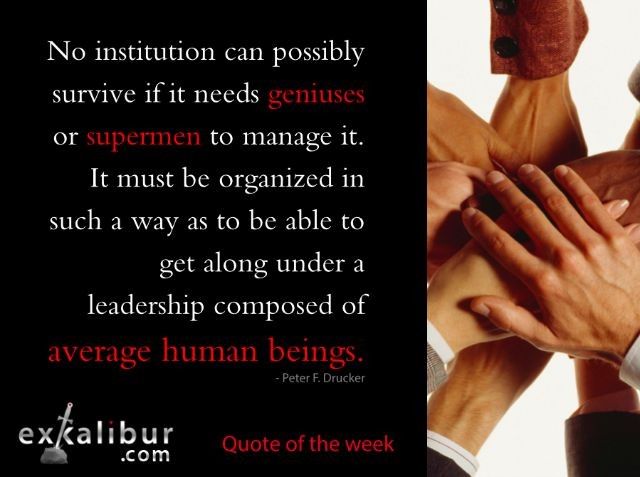I heard from a CEO recently, with whom I’ve met and had dinner, but have not worked. He included this sentence in an email after a brief introduction :
“So much is up in the air at the moment. Ugh. Whoever thought being in leadership was something to aspire to?”
I admit I laughed out loud when I first read it since it’s a sentiment we’ve all shared at one time or another. At the same time, I also recognized that it more deeply reflected his current state.
I do know he has struggled with a myriad of issues in the large charitable organization he runs, stymied by the COVID pandemic and financially distressed by the slowdown in contributions … all of which have been aggravated by the successive departure of several key executives who kept the trains running.
What should he do?
Good question. It’s presumptuous to speculate given my limited knowledge of his exact situation and skill set, but from a few interactions, I can offer a few thoughts.
First, I think that administrative responsibilities are the least favorite part of his mission. As a result, I suspect he has invested little energy into developing a trusted productivity system that he can rely upon to make sure all the right things are getting done.
The result? The trains are probably not running on time … and yet even though he struggles with retaining needed leadership talent, he won’t get a pass from making sure his constituent’s expectations are being met.
The moral of the story. You’ll always struggle until you create and sustain a trusted personal productivity system.
Is Culture the Problem?

Secondly, the culture in his organization doesn’t breed the sense of urgency and accountability you might find in a for-profit business entity.
Charitable institutions, in particular, depend largely on volunteer help or other inexpensive labor. In my experience, the result is that those leaders tend to think expecting accountability and performance is asking too much when people are volunteering their time.
Unfortunately, that doesn’t work very well because the resulting lack of performance not only diminishes the very success the volunteers are there to support, but it places an inordinate burden and stress on he leader and the rest of his leadership team to accomplish their mission.
Then, there's that Accountability thing again ...
The quotation in the image above also summarizes the challenge for leaders of all organizations.
Even if you’re not dependent upon volunteer labor … maybe you’re relying on a pay scale that’s below market … or on the notion that people who love your mission will work for less … you can’t skip accountability. You still need to make sure the workforce you have is getting the job done.
In short, there is no substitute for accountability in any organization … or at any price.
Every participant in your organization must understand that there is a mission to be fulfilled that applies to everyone. Regardless of whether they are volunteers or highly-paid executives, if they can’t meet that minimal standard, you must either find work suited to their capabilities, or applaud their interest and commitment without their labor.
Summary
Don’t tap dance around this issue and open the door to a lack of accountability because you’re so grateful for any help you can get.
It’s only creating more work for you and detracting from your ability to fulfill your mission.
It may not feel that way, but that’s the result.

